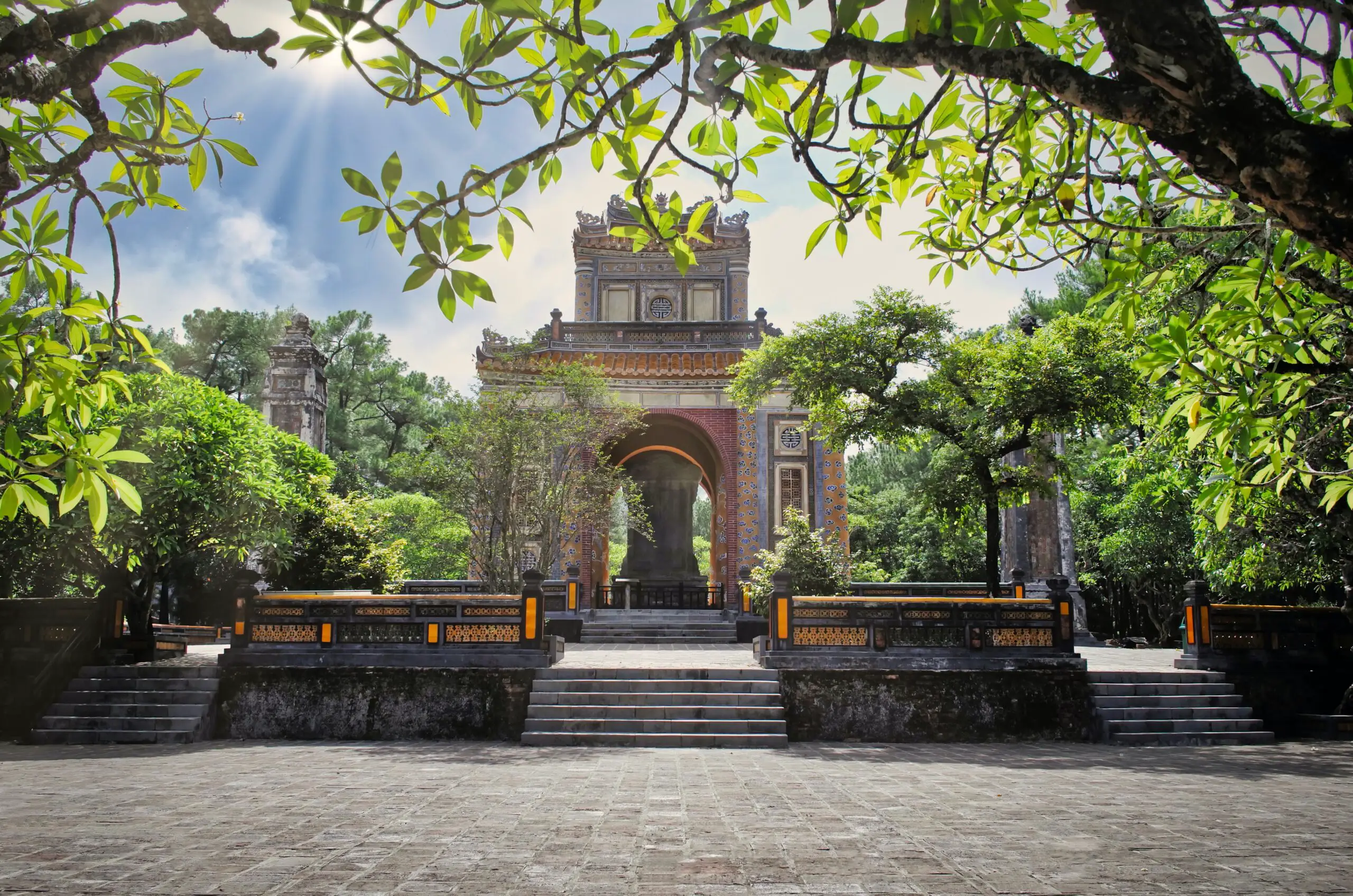
Nestled along the serene banks of the Perfume River, Huế, Vietnam, has long been a city steeped in history and culture. But it’s not just the ancient citadels and royal tombs that are drawing attention these days. Over the past decade, Huế’s real estate market has undergone a transformation as dynamic as the country’s own economic growth. Let’s dive into the evolution of this fascinating market and uncover the shifts that have shaped it into what it is today.
## A Market on the Move
A decade ago, Huế’s property scene was markedly different. The city, known for its UNESCO World Heritage sites, was more of a cultural hub than a real estate hotspot. However, as Vietnam’s economy started to soar, so did the potential for property investments in Huế. The city began to see a surge in development projects, from residential buildings to commercial centers, altering its skyline and investment prospects.
## The Residential Revolution
In the early 2010s, residential real estate in Huế was primarily low-rise houses and traditional Vietnamese townhomes. Fast forward to today, and you’ll notice the emergence of high-rise apartments and gated communities. These modern living spaces cater to the growing middle class and expatriates seeking comfort and security. The demand for luxury housing has also seen an uptick, with developers keen to meet the desires of the more affluent locals and foreign investors.
## Commercial Growth and Tourism
Tourism has always been Huế’s forte, but the last decade has seen it become a cornerstone for real estate development. New hotels, resorts, and hospitality services have sprung up, capitalizing on the city’s historical appeal. Commercial properties have become more sophisticated, with shopping malls and entertainment complexes now part of the urban fabric. This shift has not only boosted the local economy but also created a more diverse market for investors.
## Infrastructure and Accessibility
One can’t talk about real estate development without mentioning infrastructure. Huế’s connectivity has improved significantly, with better roads, bridges, and public transportation. The expansion of Phu Bai International Airport and upgrades to the national highway have made the city more accessible. These enhancements have made it easier for residents to navigate and for tourists to visit, providing a further boost to the property market.
## The Green Movement
Interestingly, Huế’s real estate market has also seen a growing interest in sustainability. Eco-friendly buildings and green living concepts are gaining traction. Developers are incorporating energy-efficient designs and green spaces into their projects, reflecting a global trend towards environmentally conscious living.
## Investment Influx
The last decade has witnessed a notable increase in foreign direct investment (FDI) in Vietnam, with Huế being no exception. The government’s open-door policy and incentives for foreign investors have made the city an attractive destination for real estate investment. This influx of capital has fueled further development and brought international standards to the local market.
## Market Challenges
Despite the growth, Huế’s real estate market has faced its share of challenges. Regulatory changes, land disputes, and occasional market slowdowns have tested investors and developers alike. Yet, the market has shown resilience, adapting to these hurdles and continuing its upward trajectory.
## FAQs
**Q: What makes Huế an attractive real estate market for foreign investors?**
A: Huế offers a unique blend of cultural heritage and modern development. With government incentives, improved infrastructure, and a growing economy, it presents a promising opportunity for foreign investors looking for growth potential in a historically rich setting.
**Q: Are there any restrictions for foreign buyers in Huế’s real estate market?**
A: Yes, while Vietnam has relaxed its ownership laws, there are still restrictions. Foreign buyers can own property in Vietnam on a 50-year leasehold, with the possibility of extension. It’s important to consult with legal experts when navigating these regulations.
**Q: How has the COVID-19 pandemic affected Huế’s real estate market?**
A: Like many markets worldwide, Huế’s real estate sector felt the impact of the pandemic, particularly in tourism-related properties. However, the market is recovering, with a renewed interest in residential and commercial investments as the situation improves.
## Conclusion
The evolution of Huế’s real estate market over the last decade is a testament to Vietnam’s overall economic resilience and growth. From a quiet city with historical charm to a bustling hub of modern living and investment potential, Huế has come a long way. The market’s expansion into high-rise living, commercial diversification, and sustainable development reflects broader trends while maintaining its unique cultural identity.
For those looking to invest or call Huế home, the future looks bright. With ongoing infrastructure improvements, a welcoming approach to foreign investment, and a deep respect for its cultural roots, Huế’s real estate market is poised for continued growth and success. Whether you’re drawn by the allure of living amidst history or the prospects of a thriving investment, Huế’s market evolution is sure to have something for everyone.